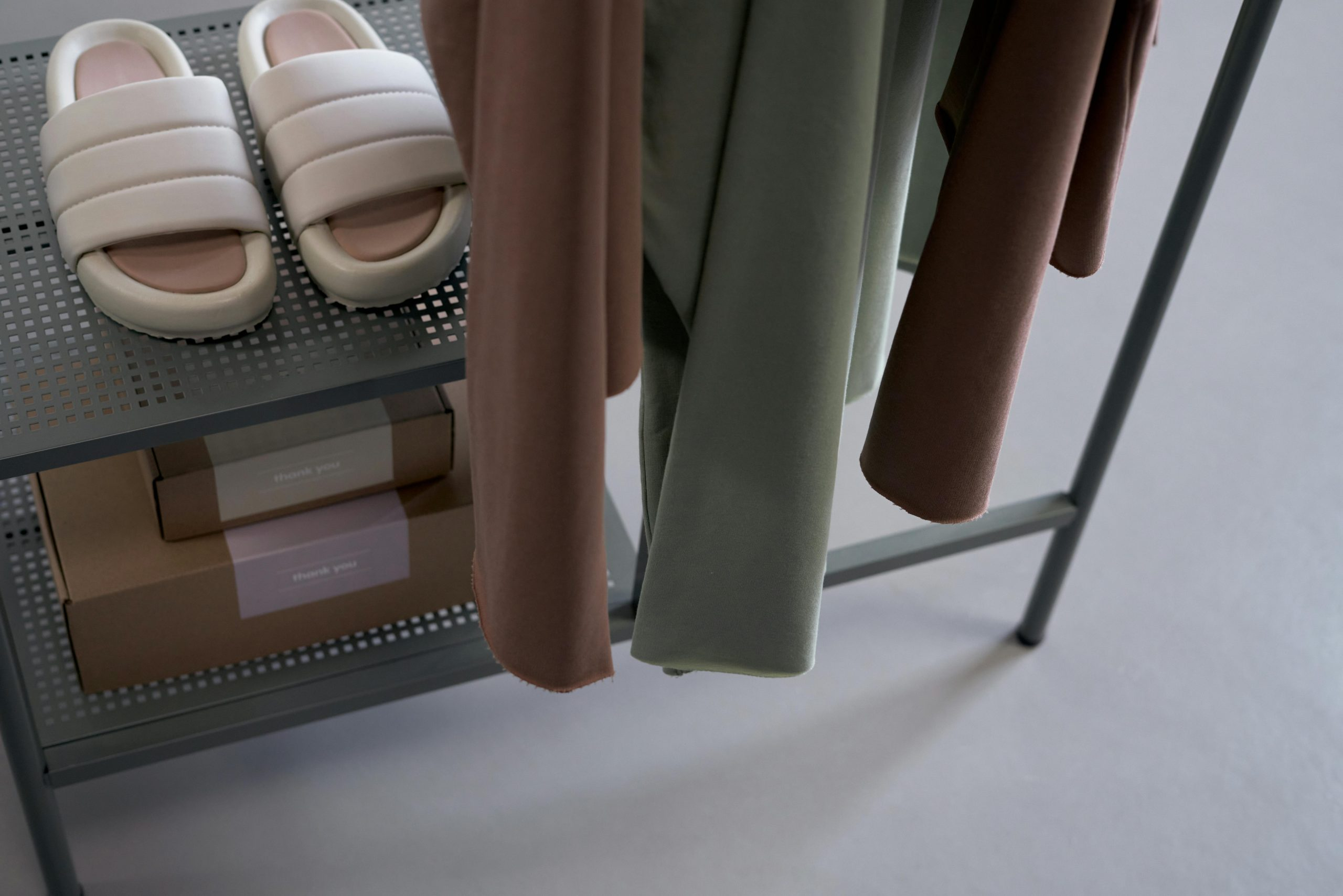Why Minimalist Consumers Are Changing Global Shopping Habits
In recent years, there has been a significant shift in the way consumers approach their shopping habits. With the rise of social media and influencer culture, there has been an emergence of a new type of consumer – the minimalist. These individuals prioritize quality over quantity, are environmentally conscious, and value experiences over material possessions. As this lifestyle gains popularity, it is having a major impact on global shopping habits. In this article, we will delve into the reasons behind this shift and explore how minimalist consumers are changing the way we shop around the world.
The Rise of Minimalism
Minimalism is a way of life that centers around the idea of “less is more.” It goes beyond decluttering your living space and focuses on simplifying every aspect of your life, from your wardrobe to your daily routines. With the rise of fast fashion and consumerism, the minimalist movement has gained traction as a way to combat the ever-growing waste and excess in our society. Thanks to social media platforms like Instagram and Pinterest, minimalism has become more mainstream and desirable, with influencers showcasing their minimalist homes, wardrobes, and travel experiences.
The Minimalist Consumer Mindset
Minimalist consumers have a different mindset than traditional shoppers. They value quality over quantity, seek out products that are ethically made and sustainable, and prioritize experiences over material possessions. They are willing to spend more money on products that will last longer and have a smaller environmental impact. Additionally, minimalist consumers often invest in experiences such as travel, wellness retreats, and cultural events, rather than acquiring material possessions.
Impact on Global Shopping Habits
With the rise of minimalist consumers, there has been a noticeable shift in global shopping habits. Traditional retail and e-commerce giants are no longer dominating the market, and smaller, independent, and sustainable brands are gaining popularity. As minimalist consumers prioritize sustainability, the demand for products that are ethically and environmentally conscious is on the rise. This has led to a surge in sales for brands that pride themselves on their sustainable practices.
Redefining Luxury
Minimalist consumers are also redefining the concept of luxury. In the past, luxury was associated with expensive, exclusive, and often extravagant products. However, for minimalist consumers, luxury now means high-quality, sustainable, and ethically-made products. This change in perception has opened up the luxury market to smaller, independent brands that align with the values of the minimalist consumer.
The Influence of Social Media
The rise of social media has played a significant role in the popularity of minimalism and its impact on global shopping habits. Platforms like Instagram have become a hub for influencers who promote a minimalist way of life and showcase their curated and consciously chosen products. With the help of social media, minimalist consumers now have access to a plethora of information and can make more informed choices about their purchases.
The Power of Word-of-Mouth
In addition to social media, word-of-mouth marketing has been a key factor in the success of the minimalist movement. As minimalist consumers prioritize quality and sustainability, they tend to share and recommend their favorite products and brands with their friends and followers. This has a snowball effect, leading to increased brand exposure and sales for smaller and independent companies.
In Conclusion
The shift towards minimalism and its impact on global shopping habits is undeniable. With more consumers embracing a minimalist way of life, retail and e-commerce industries are forced to adapt and cater to the changing market. As consumers become more aware of the social and environmental implications of their purchases, it is crucial for brands to align with their values and cater to their needs. With the rise of minimalist consumers, we can expect to see a continued shift towards sustainability, ethical practices, and experiences over material possessions in the global shopping landscape.










